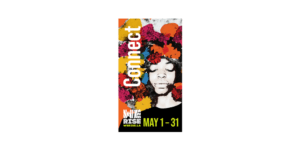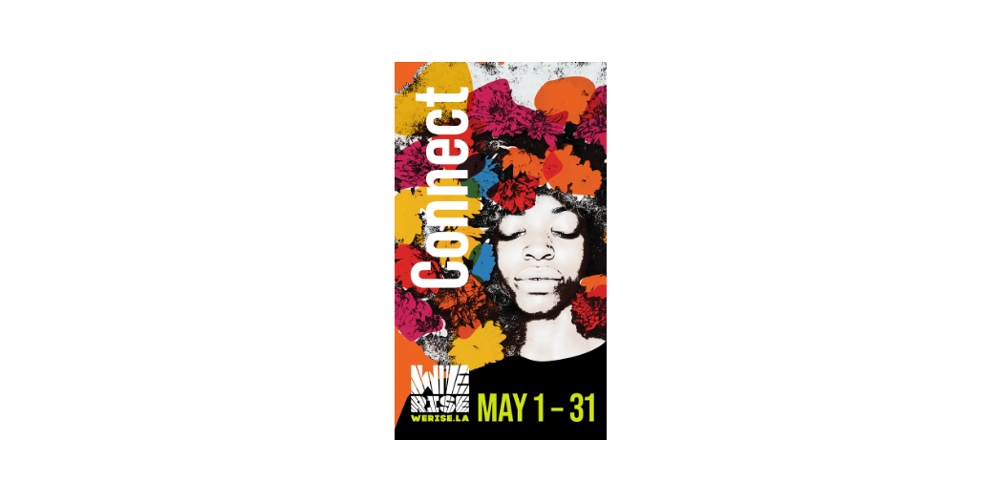
November 21, 2018; The Conversation
At NPQ, we’ve been digging into narrative: tracking the trends, observing our practice, and hearing from readers—particularly around race, a core design factor in the US and the world. So, a recent article proposing thinking of bigotry as a public health problem caught our attention. In it, Ronald W. Pies, professor of bioethics and humanities at SUNY Upstate Medical University, applies the core criteria for a public health frame—that something is both harmful and contagious—to explore a new approach to dealing with the increase in bigotry in the US.
He anchors the piece with the October 27th shooting at the Tree of Life synagogue in Pittsburgh, where the shooter was described as a “virulent anti-Semite.” Pies notes, “In biology, ‘virulence’ refers to the degree of pathology.” He cites research that finds a correlation between “explicit racial bias among whites and rates of circulatory disease-related death.” (It makes sense: hardened heart.)
Importantly, he distinguishes between explicit and implicit racial bias, which is welcomed in a time when the preferred, even automatic, frame is implicit. “Explicit bias refers to consciously held prejudice that is sometimes overtly expressed; implicit bias is subconscious and detected only indirectly.”
Pies stresses that explicit racial bias doesn’t only affect the target of the bigotry, but the harborer of those biases as well. Negative effects kill in both directions, hence its virulence.
Sign up for our free newsletters
Subscribe to NPQ's newsletters to have our top stories delivered directly to your inbox.
By signing up, you agree to our privacy policy and terms of use, and to receive messages from NPQ and our partners.
“Contagious,” however, “refers to a disease’s communicability.” Not only is there increased awareness that hate spreads, in an article titled “Hatred—A Public Health Issue,” the authors argue that ‘Hatred can be conceptualized as an infectious disease, leading to the spread of violence, fear, and ignorance.” Further, “digital hate culture” increases the speed of travel.
“Contagious,” however, “refers to a disease’s communicability.” Not only is there increased awareness that hate spreads (“in an article titled ‘Hatred—A Public Health Issue,’ the authors argue that ‘Hatred can be conceptualized as an infectious disease, leading to the spread of violence, fear, and ignorance.’”) Further, “digital hate culture” increases the speed of travel.
So, what does a public health approach offer? Primary prevention strategies. These include:
- “promoting understanding of the adverse consequences of hatred”
- “developing emotional self-awareness and conflict resolution skills”
- “creating ‘immunity’ against provocative hate speech”
- “fostering an understanding of mutual respect and human rights”
The current wave of increasingly explicit bigotry in the US affects the work of our sector and calls on us to add higher-level cultural strategies to our repertoire. How can you integrate this thinking into your work?—Cyndi Suarez













